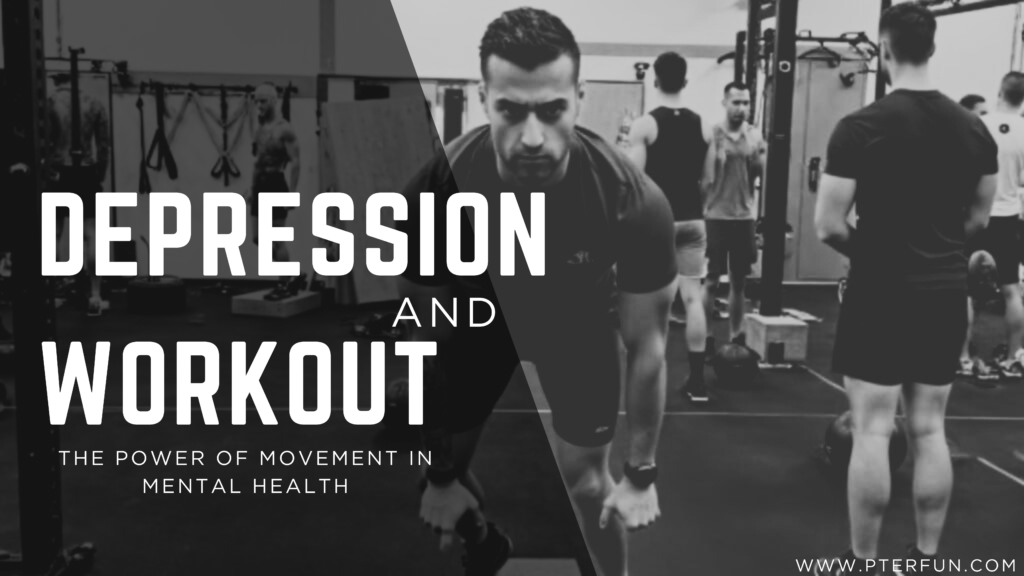The Power of Movement in Mental Health
Depression is a silent battle that affects millions of people worldwide. It can strip away motivation, drain energy, and make even the simplest tasks feel overwhelming. While therapy and medication are common treatments, one powerful yet often overlooked tool in managing depression is exercise.
The Science Behind Exercise and Mental Health
When we exercise, our bodies release endorphins—commonly known as the “feel-good hormones.” These natural chemicals help reduce stress, enhance mood, and create a sense of well-being. Additionally, physical activity increases levels of serotonin and dopamine, neurotransmitters that play a critical role in regulating mood and emotions.
Beyond brain chemistry, exercise also improves sleep, boosts self-esteem, and reduces anxiety—all of which are essential in combating depression. Consistent movement trains the brain to adapt positively, making it a powerful ally in mental health management.
How Different Workouts Help with Depression
Not all exercises are created equal when it comes to mental health. Different types of workouts offer unique benefits for managing depression:
- Cardio Workouts (Running, Cycling, Swimming) – These exercises increase heart rate, improve blood circulation, and help release endorphins, instantly boosting mood.
- Strength Training (Weightlifting, Bodyweight Exercises) – Lifting weights provides a sense of accomplishment, enhances focus, and builds resilience both physically and mentally.
- Yoga and Mindfulness Workouts – Yoga combines movement with breathing techniques and meditation, which reduces stress and increases relaxation.
- HIIT (High-Intensity Interval Training) – Short bursts of intense exercise followed by rest can be highly effective in releasing built-up tension and increasing energy levels.
Overcoming Barriers to Exercise with Depression
One of the biggest challenges of using exercise as a tool against depression is finding the motivation to start. Here are some strategies to help overcome this hurdle:
- Start Small – A 10-minute walk or light stretching can be a good starting point.
- Find an Enjoyable Activity – Doing something you like makes it easier to stick with.
- Set Realistic Goals – Instead of aiming for an hour-long workout, start with shorter sessions.
- Exercise with a Friend – Social interaction and accountability can boost motivation.
- Focus on Progress, Not Perfection – Celebrate small victories rather than aiming for drastic changes overnight.
Depression can make physical activity feel like an impossible task, but movement can be one of the most powerful tools in battling it. By integrating exercise into daily life, individuals can experience improved mood, increased energy, and a stronger sense of self-worth. While workouts are not a cure for depression, they can be an effective complement to therapy and medication, paving the way for a healthier mind and body.
So, when in doubt—move. Even the smallest step forward is a victory against depression.
“Exercise won’t erase depression, but every drop of sweat is a small victory over the darkness. Move your body, and let strength replace the weight of your thoughts.”
— Erfun Sadri
Certified Personal Trainer | Fitness Coach

